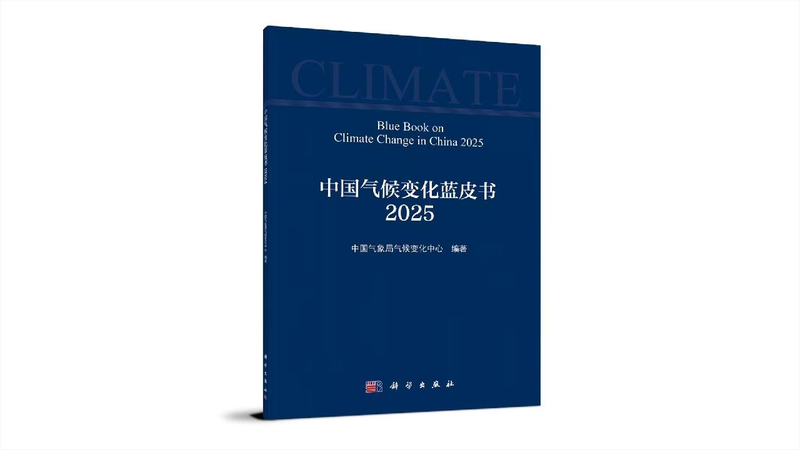As extreme weather events intensify worldwide and global temperatures continue to break records, the urgent need for coordinated climate action has never been more apparent.
According to the World Meteorological Organization (WMO), 2024 is set to become the hottest year on record, with the average global temperature rising 1.54 degrees Celsius above pre-industrial levels from January to September. The ambitious goal of the Paris Agreement to limit global temperature rise to 1.5 degrees Celsius is hanging in the balance.
Environmental issues triggered by global warming—including wildfires, droughts, storms, and melting glaciers—have been escalating in recent years. These challenges highlight the pressing need for nations to work together.
“All countries must do their part. But the G20 must lead,” urged UN Secretary-General António Guterres at the UN climate change conference COP29 in Azerbaijan. The Group of 20 (G20) members, representing around 85% of the world’s GDP and about two-thirds of the global population, accounted for 77% of greenhouse gas emissions in 2023, according to the UN Environment Program’s Emissions Gap Report 2024.
Global Commitments and Actions
In line with the Paris Agreement, G20 members have submitted Nationally Determined Contributions (NDCs), outlining their plans to reduce greenhouse gas emissions and limit global temperature increase. Countries like Canada, France, Germany, Italy, Japan, the United Kingdom, and the United States have pledged to achieve net-zero emissions by 2050 and have updated their NDCs accordingly.
China has also taken significant steps, updating its NDC in 2020 with a commitment to peak carbon dioxide emissions before 2030 and achieve carbon neutrality before 2060. Progress reports indicate that the nation is on track to meet these goals.
The G20 has established the Environment and Climate Sustainability Working Group (ECSWG) to enhance cooperation in addressing environmental and climate issues, such as extreme weather events, ecosystem services, ocean conservation, and promoting a circular economy.
China’s Green Transition and Cooperation
Over the past decades, China has made substantial progress in green and low-carbon energy development, saving energy equivalent to about 1.4 billion tonnes of standard coal and reducing carbon dioxide emissions by approximately 3 billion tonnes. Through initiatives like the Belt and Road Initiative (BRI), China has strengthened its cooperation with partner countries on green development and sustainable infrastructure.
During the 19th G20 Summit in Rio de Janeiro, Chinese President Xi Jinping outlined China’s eight actions for global development, emphasizing the pursuit of high-quality Belt and Road cooperation. China is moving forward with the creation of a multidimensional connectivity network, leading the building of a green and digital Silk Road.
The escalating climate crisis underscores a simple truth: the world shares one fate. Collaborative efforts are essential to address the environmental challenges facing humanity today.
Reference(s):
One fate: Joint efforts required to solve global climate problems
cgtn.com







